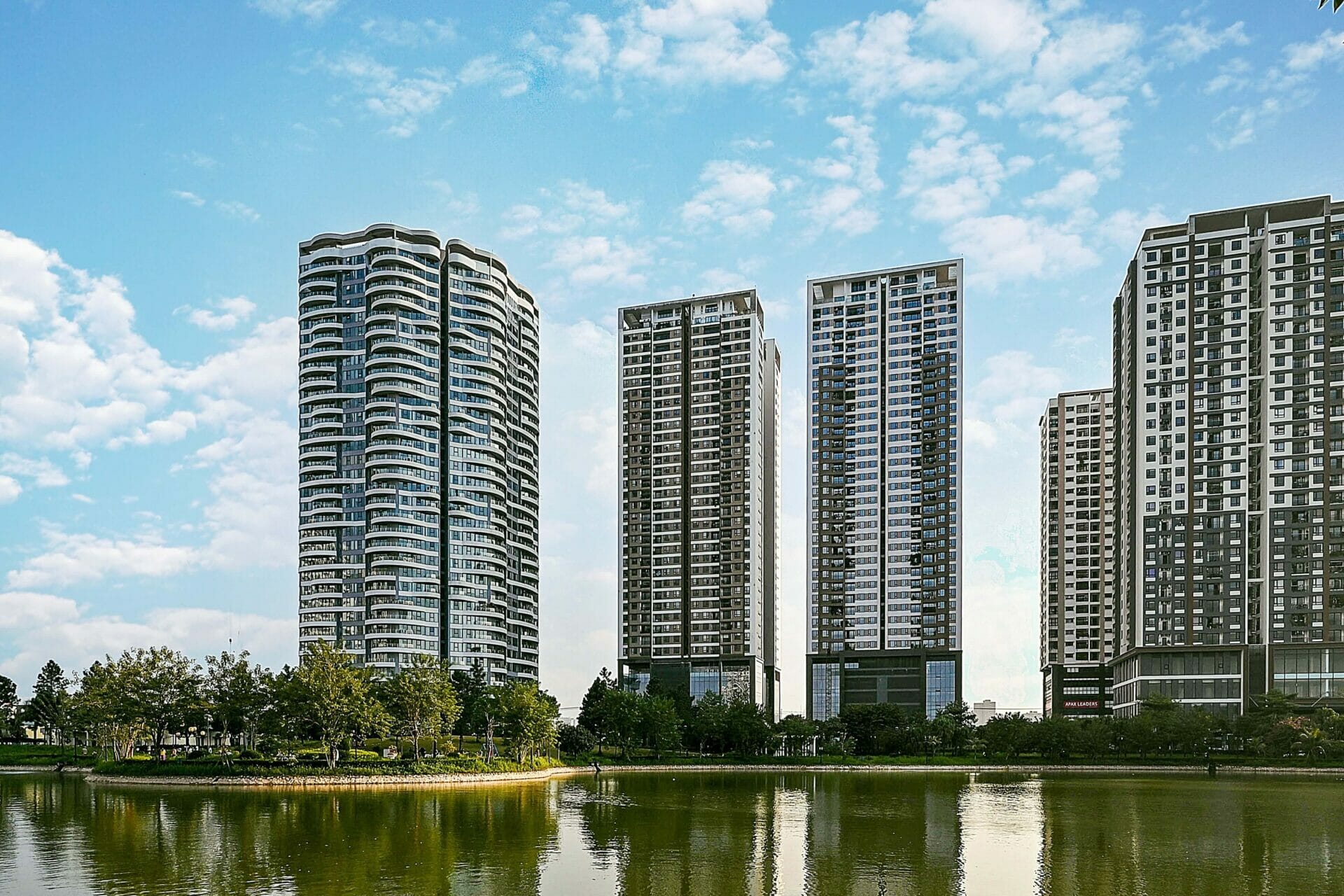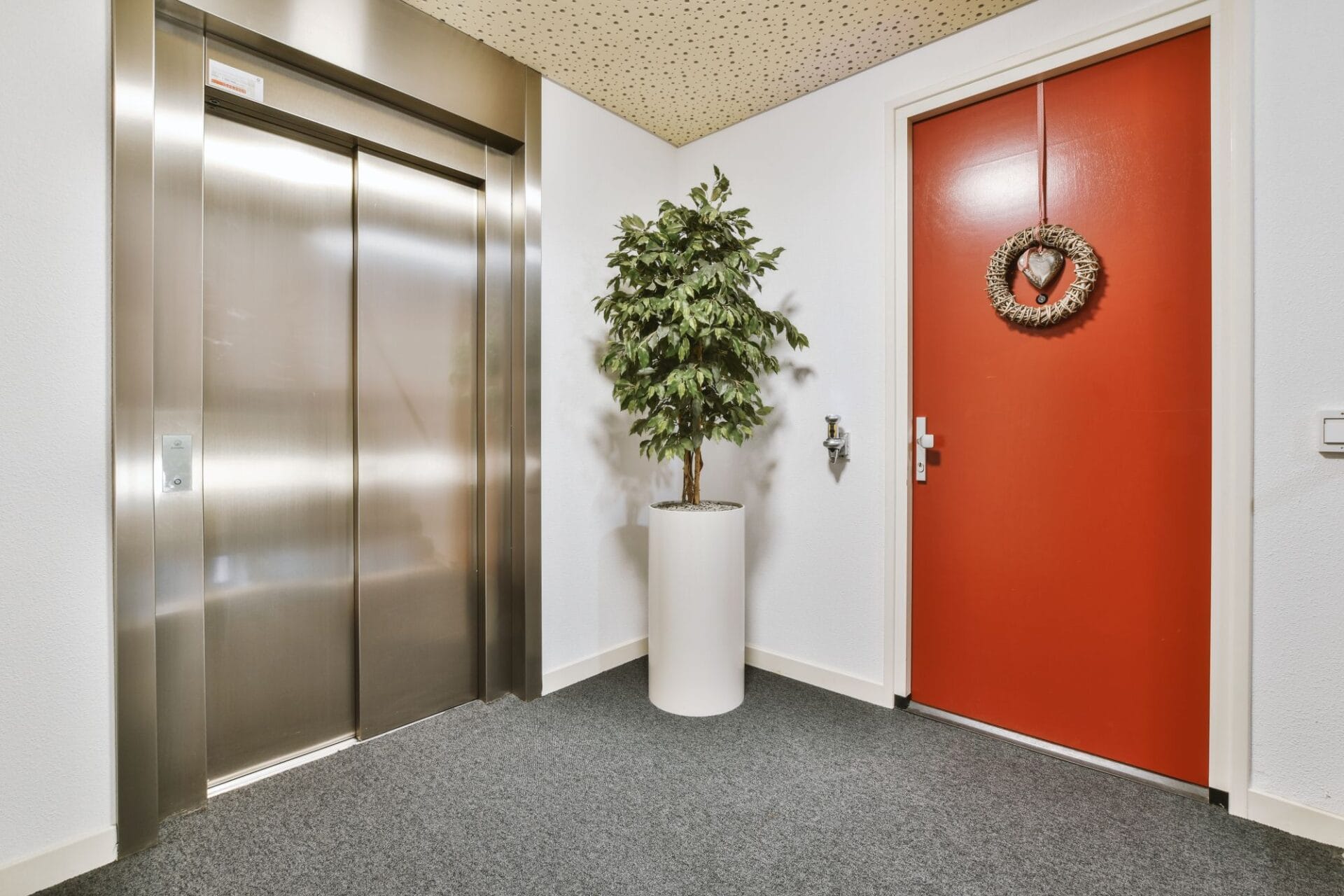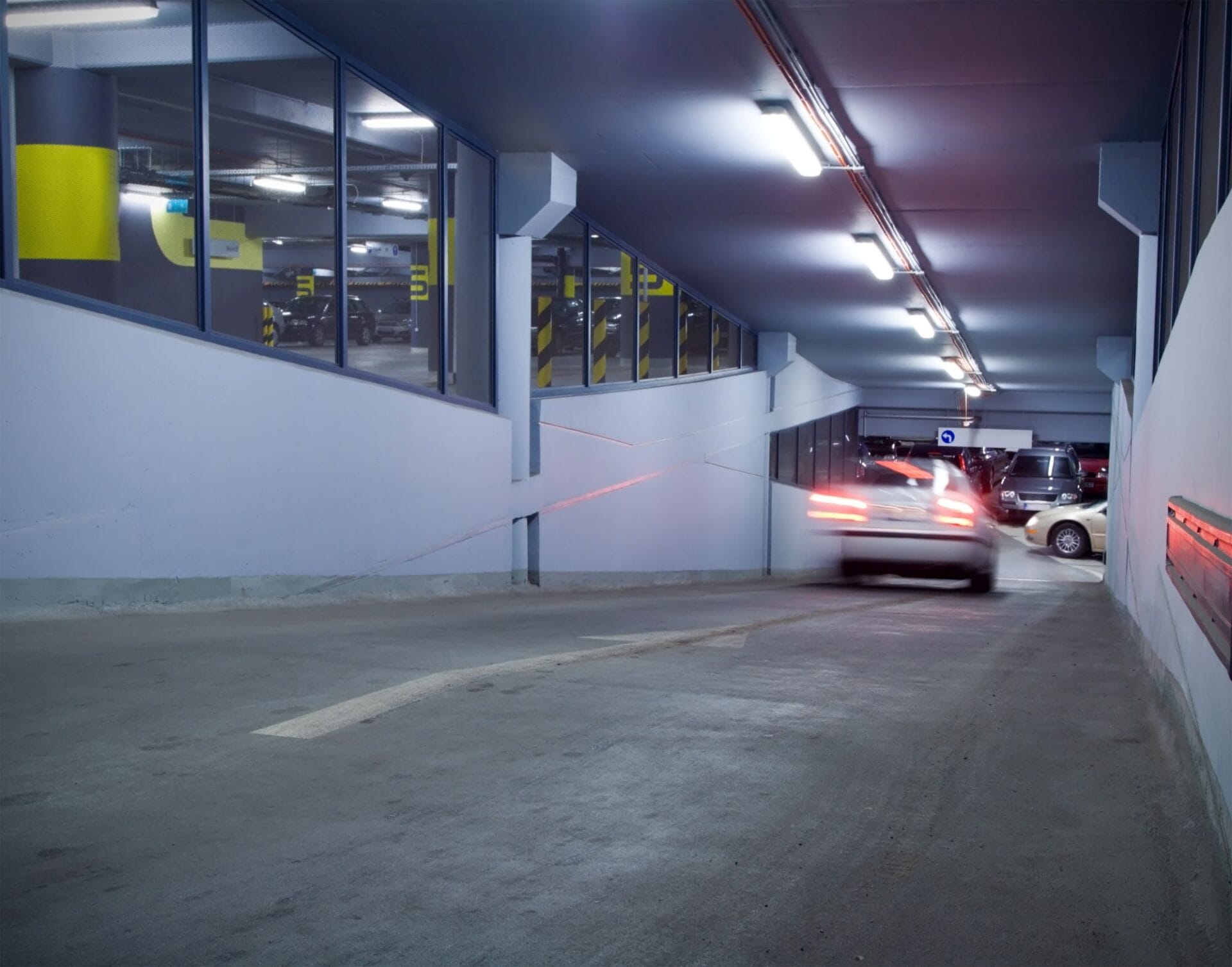There are two types of residential property managers: those that welcome the challenge of caring for high rise apartments, and those who won’t consider taking on that job.
Download our free security deposit receipt template
It’s not hard to understand why some professionals don’t want to manage a high rise development; the sheer volume of people, repairs, and paperwork could easily take up all of your time. But those who have mastered the high rise have rules, tools and processes in place that allow them to work effectively and efficiently.
Table of contents
- Characteristics of a high rise apartment
- Common issues in high rise apartments
- Suggestions to keep your building operating smoothly
Characteristics of a high rise apartment
Height
The exact classification of a high rise apartment varies depending on where you are. In the U.S. for example, an apartment with as few as 7 stories may qualify. At some point, a high rise turns into a skyscraper. This classification is generally given to any building over 40 or 50 stories.
Staff
High rise apartments are more likely to have superintendents, building managers and cleaning staff. Some of these staff might live on site.
Higher-end complexes typically have concierge or security service as well. Concierge plays a key role in these types of environments as they are responsible for managing packages, registering guests and issuing parking passes. Having someone at the entrance also makes residents feel safer considering there are hundreds of people coming in and out of the building each day.
Lease flexibility
Since there are so many units in a high rise, lease options may be more flexible. For example, some landlords might be okay with offering a 6-month lease to a qualified renter.
Long-term tenants
You will also find quite a mix of people in high rise apartments, especially if the building is older. Tenants who are protected by rent control understand how much the market has changed in the last decade. Their rent may be well under current market value, and they know they would never find something comparable now if they moved. Some tenants may have been in the same units for the last 20 years. As a result, there is a strong sense of community.
Faster service
Even though there are more people in high rise apartments, many of these buildings are already wired for cable, internet, etc. Furthermore, maintenance requests are often addressed more quickly since the landlord usually lives onsite.
Common issues in high rise apartments
Landlords will hire property management companies for the same reasons that condo boards hire them. They are invaluable when it comes to improving operations and assisting tenants with problems.
These are some of the issues property managers should be cognisant of when taking on a high rise community:
- Window washing. It’s a big job that should be completed at least twice a year
- Leaks. When a neighbor’s toilet or dishwasher overflows, water can get into the unit below. Water leaks are one of the biggest maintenance issues in multi-family developments
- Parking problems. With so many people in one small area, there is a constant demand for guest parking
- Fire safety and emergency evacuations. In the event of a real emergency, it can take rescue workers a long time to reach upper floors. It’s critical that residents are educated often about escape routes and plans
Suggestions to keep your building operating smoothly
As a property manager of a high rise apartment, you can appreciate anything that will help you minimize time-consuming processes. These tips can help you work smarter instead of harder.
Keep organized records
Records are critical to any residential community. Financial records allow you to see where money is being spent and how spending has changed over the years. Tenant records show who is living in the building and how you can reach them. Lease agreements prove that tenants and landlords agreed to a distinct set of expectations and responsibilities, and make it easier for property managers to enforce rules if something goes wrong.

Good records are a necessary part of good property management. Without them, you are essentially managing blindly.
Many property managers are finding it far easier to keep digital records of correspondence, contracts, budgets, letters, etc. Not only does this solution decrease the paper stacks that end up on your desk, but it’s so much easier to search for something when you need it.
Cloud-based document storage platforms also give you the freedom to work from any location, not just the office. You can access data from your laptop, and sometimes even your phone if the software has a mobile app.
Don’t forget to update records too. If you are caring for an apartment with 100+ units, chances are very high that a few tenants have found new people to take over a lease over the course of a year and didn’t inform the building of the change. It’s hard to keep track of who actually lives in a big building, especially when units are not being purchased, but you should make efforts to maintain a current resident database with vehicle information, phone numbers, email addresses, etc.
Anticipate higher maintenance and replacement expenses
Tall buildings need a lot of care since so many people inhabit them. Just think about how often the elevator is used every day.
Older buildings will also require more care than new high rise apartments. You might have to redo the flooring in several units, or resolve mold issues. Don’t put these projects off any longer than you need to; the longer they wait, the more expensive they will be to fix.
Plan for regular preventative maintenance (that’s another reason to keep good records) to prolong the useful life of common elements and components. And make sure you have budgeted for increased labour and material costs. This probably means rent will need to be raised. Work with the landlord to ensure all rules and limitations regarding rent increases are being followed.
Use software
Property management software has become a must-have for high rise apartment managers. That’s because good software eliminates several manual tasks and administrative headaches while streamlining and automating day-to-day processes.
For example, a user-friendly system like Condo Control has a solution for document storage, maintenance tracking, resident databases and core accounts receivable.
The software wasn’t just designed for management either. There are modules for security and concierge, and features for tenants too. They can create their own private accounts to receive announcements from the landlord or management, they can submit service requests online, and book amenities on their own if the building has them.
Software saves you time and money, and as the cost of everything goes up, high rise apartments can’t afford not to have it.
Collect security deposits
Most tenants take good care of their units. But accidents happen, and they aren’t free to repair. It’s recommended managers collect security deposits from new residents, just in case they end up having to fix repairs or pay for deep cleaning. You can download a free security deposit receipt template to give to tenants for their records.
A security deposit might be used toward any repairs or replacement of appliances in a rental unit if the damages resulted from the actions of the renter. Landlords keep these deposits for the entirety of the lease, and can return the money in part or in full if the tenant maintained the property according to the standards of the lease agreement.
Landlords or property managers must also perform a detailed move-in inspection to identify any issues or damage that existed before the tenant moved in. Take photos and carefully document the condition of the property so you can easily see any differences once the tenant moves out.
States have their own laws on where a security deposit must be held, such as separate banking or escrow account, and whether it is eligible to collect interest.
In Ontario, landlords cannot collect security deposits under the province’s tenancy rules. They can ask for rent deposits though (and perhaps a key deposit). The difference between a rent deposit and security deposit is that rent deposits can only be used if a tenant has not paid the last month’s rent. If there are charges for damages or cleaning, the landlord must apply to collect this amount through the Landlord and Tenant Board.
Take action when necessary
If, while conducting routine inspections, you notice a tenant has not been caring for their unit, don’t ignore the problem. Start by talking to the tenant, and always send a written letter or notice summarizing the conversation.
If the state of the unit does not improve after a couple of months, don’t feel obligated to renew the lease.
In some cases, it is acceptable to ask tenants to move out when their lease is up. Extreme neglect, infringing on other tenants’ enjoyment of the building, and falling behind on payments are all valid reasons why someone could be asked to leave. However, they cannot be forced out. There is a process to follow, including providing multiple notices using the correct forms.
If the tenant still refuses to leave, landlords can seek permission to evict the tenant from the governing body that handles tenant issues in their area.
While the process can be arduous, it’s important for management and landlords to work together to preserve property values and safe living environments. It takes a lot of money to operate a high rise apartment, and you don’t want property values plummeting because of a few bad tenants.
Make sure your residents feel seen and heard
This last point is very important. Regardless of how many residents are in the building, people want to be treated as humans, not numbers.
Try to provide residents with opportunities to share ideas and concerns. Management may consider a community forum, surveys, or a dedicated email account just for residents. When residents feel like they matter, they are more likely to get involved with the community and care for their property. Turnover rates tend to be lower as well.
Conclusion
Caring for a high rise apartment is always going to be a lot of work, but managers can use their time and resources more efficiently when they have concrete tools and processes in place.























